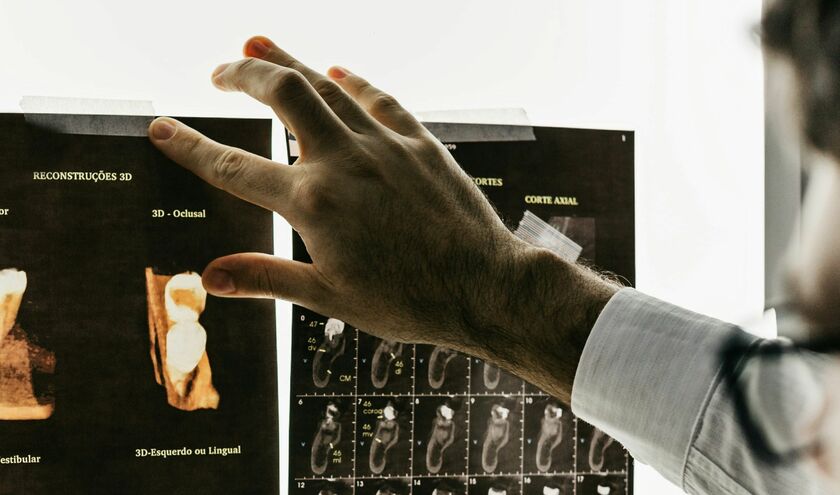Since publishing a report four years ago on failings, the ombudsman has upheld of partly upheld over 40 cases in which mistakes were found.
Rebecca Hilsenrath, Parliamentary and Health Service Ombudsman, said: ‘When things go wrong, there must be learning at both an organisational and wider systemic level. In our 2021 report we recommended a system-wide programme of improvements for more effective and timely management of X-rays and scans. While we have seen some progress in this area, unfortunately we are still seeing instances where people's care is sub-optimal, often with devastating consequences.
‘It is critical that action is taken to improve the digital infrastructure of the NHS and make sure people are correctly diagnosed and swiftly treated. NHS leaders need to address this as the important patient safety issue it is.'
The most common issues were doctors failing to identify an abnormality, scans not being carried out or delayed and results not being properly followed up.
Examples of the impact of these failings include a 10-month delay in cancer being diagnosed which significantly harmed the person's chance of survival. In another case, serious pelvic sepsis was not identified which led to an avoidable death and in a separate case, a missed ankle fracture led to an avoidable operation.
An NHS spokesperson said: ‘NHS staff work extremely hard to keep patients safe and thanks to the continued expansion of community diagnostic centres, the NHS delivered a record number of tests and checks in 2024 - a fifth more than pre-pandemic – but we know there is more to do to improve the recognition and response of serious health issues.
‘Patient safety incidents like those highlighted in this report are responded to in line with the Patient Safety Incident Response Framework and the NHS will continue to provide targeted improvement measures for Iocal areas through intensive support, the use of straight to test measures and performance improvement programmes tailored to different areas of diagnostics.'
A Department of Health and Social Care spokesperson said: ‘Our deepest sympathies are with all those who have been affected by the failings highlighted in this shocking report.
‘We are fixing our broken health service and driving up standards through our Plan for Change, including opening more CDCs and putting the latest technology like AI in the hands of staff so all patients can receive world-class care.
‘This includes in cancer care, which will see 100,000 more patients who are referred receive a diagnosis within four weeks and up to 19,000 more people start their treatment within two months each year.'



